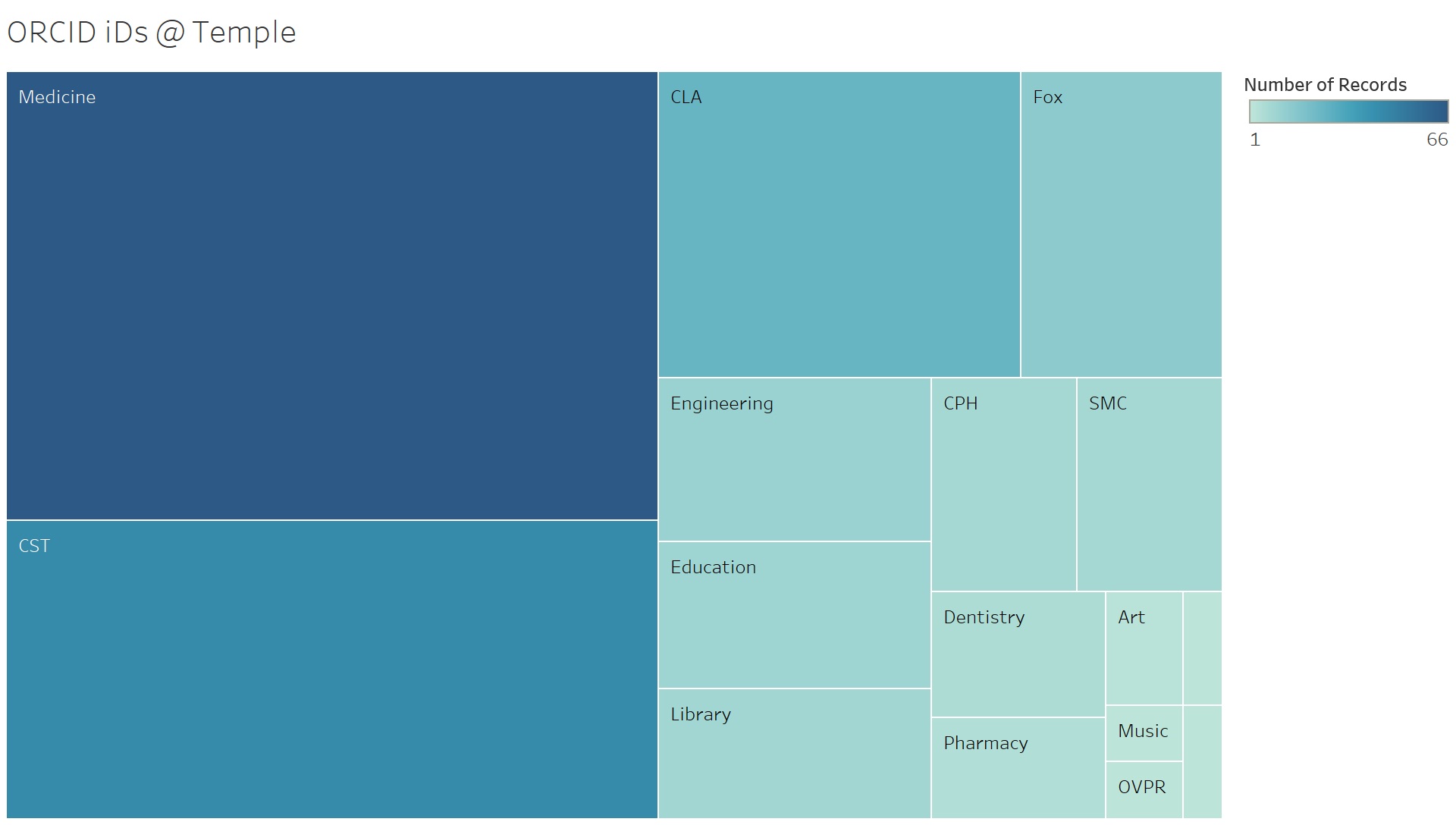
Photo by Keith Luke on Unsplash
Congratulations to all of Temple’s recent graduates! The Library is proud to host our graduate students’ outstanding research in Temple’s new institutional repository, TUScholarShare.
We received 107 dissertations and 57 masters theses this May. Of those, only 13% of students chose to embargo their work. This means that the vast majority of these important publications are freely available for the public to read right now.
In addition, 67 authors included their ORCID iD. We recommend that all Temple faculty and graduate students register for an ORCID iD in order to distinguish themselves from other researchers.
Graduates of the doctoral program in Educational Administration deposited the most dissertations (10), followed by Business Administration/ Finance (8), Physics (8), and Business Administration/ Strategic Management (6). Graduates of the MA Program in Urban Bioethics deposited the most masters theses (22), followed by History (4), Music Performance (4), and Oral Biology (4).
Medical ethics, urban bioethics, business administration, management, education, computer science, higher education, and physics were some of the top subjects written about by Temple students who graduated in May.
Several students wrote about the COVID-19 pandemic. Titles include:
“How Did Remote Teaching During the COVID-19 Crisis Affect Faculty’s Attitudes and Beliefs About Online Teaching?” (Pete Watkins, Ph.D., Educational Psychology)
“Medical Students at a Crossroad: How Medical Students Educate Students During a COVID-19 Global Pandemic” (William Hamblin Schifeling, M.A., Urban Bioethics)
“When Ableism Meets a Pandemic: Narratives, Disability, and COVID-19” (Luke A. Hoban, M.A., Urban Bioethics)
“Medical Procedures at the End of Life in a Pandemic: A Special Focus on the Novel Coronavirus (SARS-COV-2)” (Gregory Millio, M.A., Urban Bioethics)
Finally, the award for the longest thesis or dissertation goes to “An investigation of the effect of surface functionalization as a route for improved interfacial properties, and the role of soft solid electrolytes, in hybrid electrolyte systems” (Jordan Aguirre, Ph.D., Chemistry) which clocks in at 760 pages.
Congrats again to all of the graduates. And be sure to check out all of the other excellent theses and dissertations in TUScholarShare.

